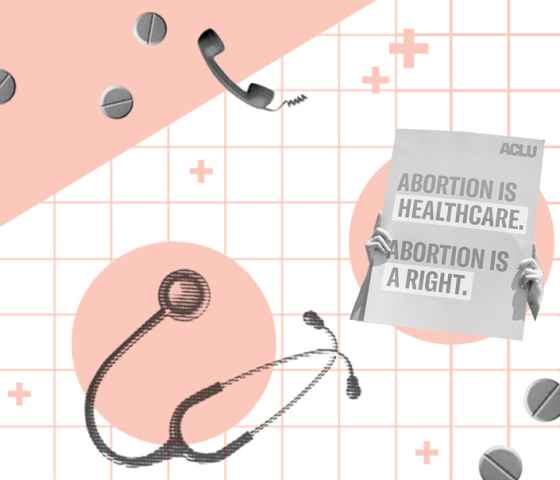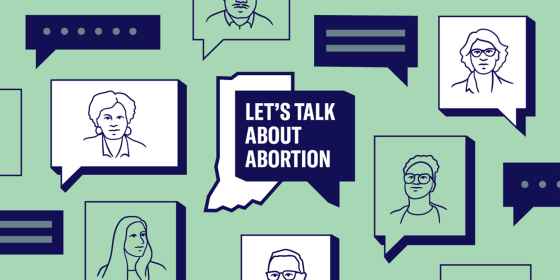Denials of due process, the right of privacy, and equal protection of the laws are all ways that the poor in our society have their constitutional rights violated every day.
Poverty is not just an issue of natural economic differences. Throughout our history, people have been denied equal treatment because of gender, race, ethnic background, religion, or physical defect or condition, which often results in a loss of economic and societal standing. In turn, the poor among us are continually subjugated to violations of their civil liberties, more so than any other economic class. A good example of this inequity is the continued attempt by lawmakers to require drug testing of people who receive public benefits.To be forced to forego elementary rights of privacy and decency in order to obtain financial assistance is improper and violates the fundamental precepts of a democratic society.
Without the ACLU of Indiana's help, which is provided at no cost to our clients, many poor people would lack the resources to fight back against these governmental violations of their constitutional protections.
The ACLU of Indiana has a long record of fighting the inequities of poverty. Irving Fink, a founder of the Indiana Civil Liberties Union (ICLU) in 1953, took on many cases involving welfare rights and jail conditions. Fink later said that the cases that meant the most to him were those where he "didn't earn a dime."
Besides the inequities of drug testing, poverty affects the equal treatment of individuals by law enforcement and the criminal justice system. Inequality works its way across every one of the basic necessities of life, including access to health care, education, transportation, housing, and the distribution of government benefits.
From defending against police brutality against African Americans during the 1980s in Indianapolis, resulting in the formation of a civilian review board, to ensuring government officials fulfill their statutory duty to provide homeless individuals with shelter in Coe v. Center Township Trustee, to preventing the Indiana Family and Social Services Administration from cutting assistance to 23,000 foster, adopted, and special needs children and families in C.H. et al., v. Payne, we have taken on inequities of poverty on many fronts.
The ACLU of Indiana steps in whenever these government-created inequities threaten an individual's constitutional protections of equal protection, due process, privacy and more.

